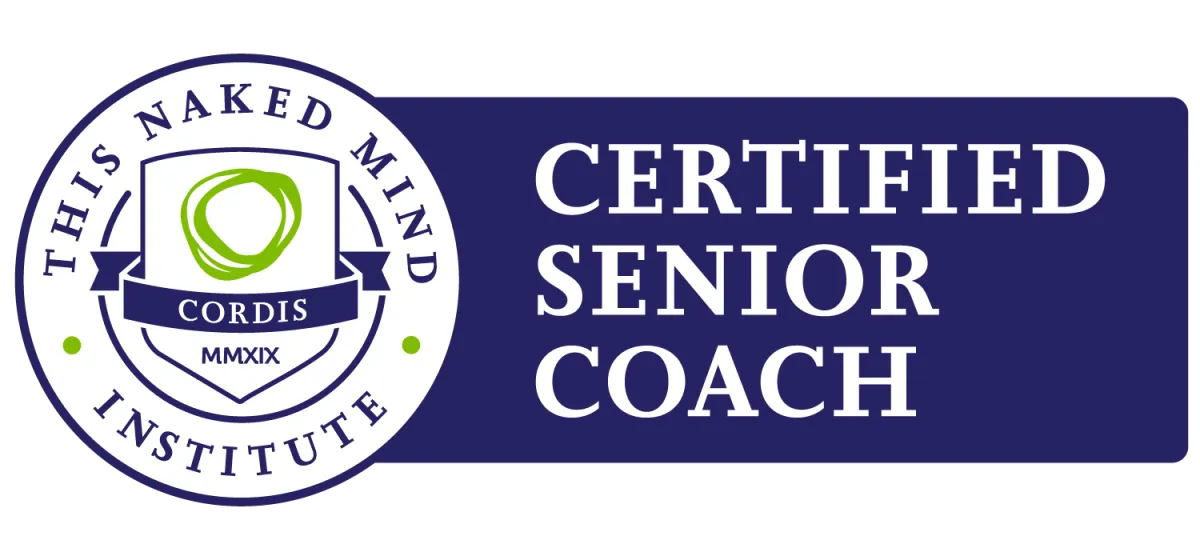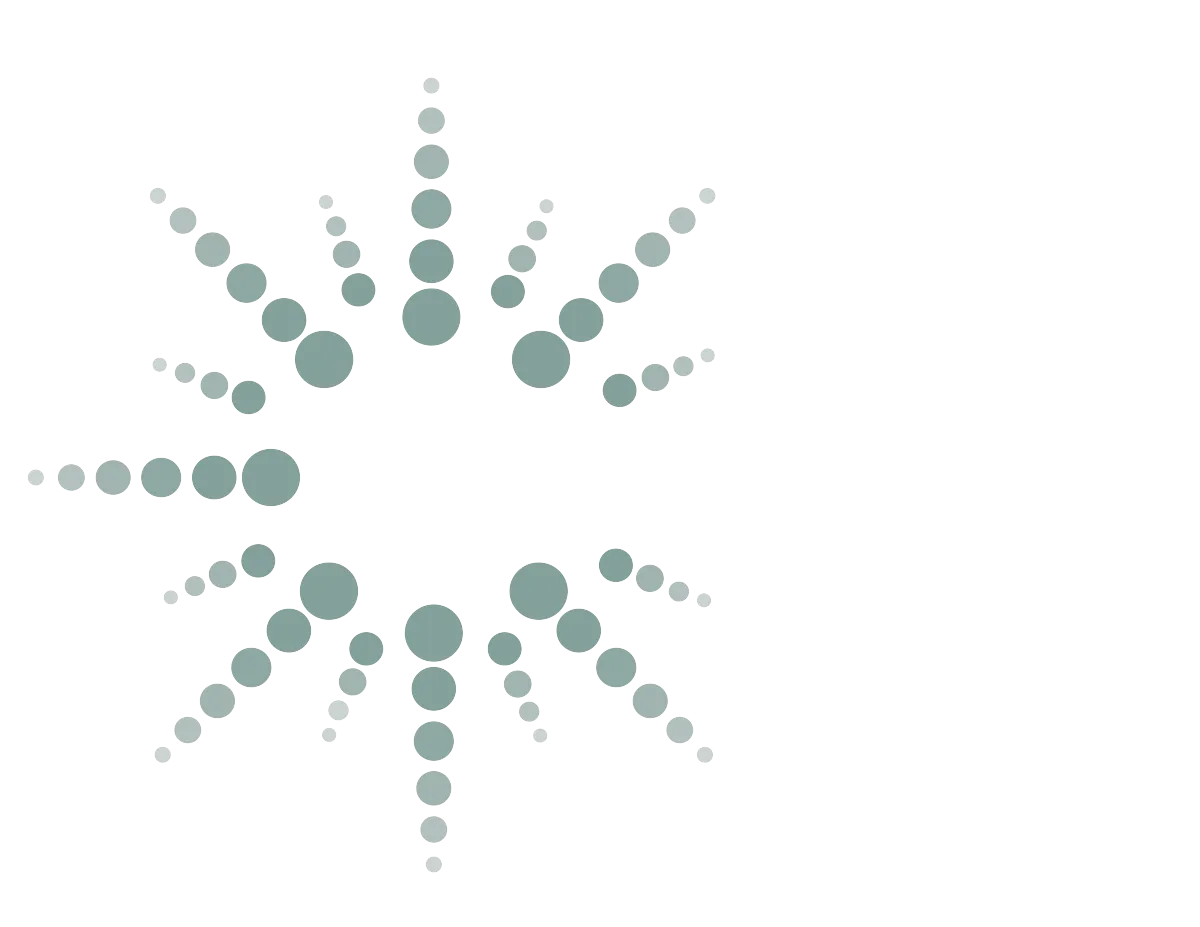
The Quiet Ways Alcohol Impacts Mental Health (And What Happens When You Step Away)
The Quiet Ways Alcohol Impacts Mental Health (And What Happens When You Step Away)
For years, I thought alcohol helped me manage stress.
It took the edge off after a long day. It softened the ache of sadness, dulled the sharp edges of anxiety, and gave me permission — or so I thought — to relax.
And for a little while, it seemed to work. The first glass did bring a sense of relief.
But what I didn’t realize — what so many of us don’t realize — is that alcohol wasn’t truly helping my mental health.
It was quietly, steadily, undermining it.
May is Mental Health Awareness Month, which makes this the perfect time to pause and take a closer look at how we're really doing — beneath the surface. Because the truth is, alcohol’s impact on mental health often goes unnoticed… until one day, it doesn’t.
For me — and for many of my clients — the changes weren’t dramatic at first. They were subtle:
• Waking up tired even after a full night's sleep
• A little more anxiety here
• A little less patience there
• Feeling a bit more disconnected from myself, and from others
It took me years to connect the dots. Honestly, it wasn’t until I stepped away from alcohol entirely that I saw how deeply it had been affecting me — not just physically, but emotionally, mentally, and spiritually.
So today, I want to name three of the most common — but often overlooked — ways alcohol quietly impacts mental health… and what begins to shift when you take a break.
1. Alcohol Disrupts Your Nervous System, Sleep, and Energy
Alcohol works as a depressant at first, slowing down your nervous system and creating a temporary sense of calm. But once it wears off, your body rebounds — flooding you with cortisol and adrenaline, the very chemicals that fuel stress and anxiety.
And even small amounts of alcohol can interfere with REM sleep — the deep, restorative sleep your brain needs to regulate emotions. You may fall asleep faster after drinking, but your sleep will be fragmented and shallow.
The result?
You wake up exhausted, more emotionally reactive, and less able to cope with everyday stressors.
You feel anxious and off-center — and you might reach for another drink the next night to cope.
The spiral continues.
Chronic tiredness quietly chips away at your mood, motivation, and resilience. And alcohol quietly fuels that exhaustion.
2. Alcohol Fuels Mood Swings and Undermines Emotional Stability
If you’ve ever felt fine one minute and irritable or tearful the next — especially after drinking — you’re not imagining it.

Alcohol destabilizes blood sugar, taxes your nervous system, and impairs your body’s ability to regulate emotions. Over time, it creates a rollercoaster effect: irritability, sadness, numbness, restlessness.
Maybe you notice you're snapping at loved ones.
Or sadness feels heavier than it should.
Or you just feel... disconnected.
None of this means you're failing. It’s a physiological consequence of how alcohol affects the brain and body — and it's exhausting.
3. Alcohol Erodes Self-Trust and Numbs What Needs to Be Felt
This might be the most painful part of all.
Each time you tell yourself,
“I’ll just have one…”
“I’m only drinking on weekends…”
—and then don’t follow through—
a tiny crack forms in your self-trust.
Over time, those cracks widen. You start to wonder,
“Why can’t I just stick to my plan?”
“What’s wrong with me?”
At the same time, alcohol numbs the very emotions that need our attention — sadness, loneliness, boredom, grief. But numbing isn’t healing. It delays. It pushes those emotions deeper into your body and nervous system, where they fester as chronic stress, anxiety, or even depression.
When you step away from alcohol — even for a little while — you give yourself a chance to reconnect with your emotions and rebuild trust with yourself.
And that changes everything.
When You Step Away, Healing Begins
The beautiful thing is: this cycle can be interrupted.

Your body knows how to heal.
Your mind knows how to steady itself.
Your heart knows how to reconnect.
If you've been feeling more anxious, more reactive, more off-center lately — and alcohol is still part of your life — it's worth getting curious.
Mental Health Awareness Month is a great opportunity to check in honestly with yourself.
When you remove alcohol, even temporarily, so much begins to change:
• Sleep improves
• Anxiety quiets
• Energy rises
• Self-trust rebuilds
• True healing begins
It doesn’t happen overnight.
But it does happen — quietly, powerfully, beautifully.
You are not broken.
You are not weak.
You are waking up — and that's the most powerful thing you can do.
Every small step you take toward understanding and caring for yourself counts.
Ready to explore this journey?
If you're curious about what life could feel like with less alcohol — more clarity, more peace, more freedom — I’d love to support you.
👉 Schedule a free discovery call here. Or download my free Sip Smart Guide to start gently shifting your relationship with drinking today.
You don’t have to do it alone.
And you don’t have to have it all figured out to begin.
Please subscribe to Insights, our weekly newsletter for updates about events and more tools and tips for finding AFreeLife!



Joy Stieglitz is a certified Wellness Coach who specializes in helping sandwich generation people change their relationship with alcohol and/or other unwanted habits to find true freedom and joy in their life. Alcohol Free since November 2019, Joy brings valuable insights into her practice. AFreeLife Coaching is a safe space where all are welcome to explore their desire for health, wellness, and personal growth regardless of where they are or want to go on their journey, and regardless of age, race, gender, sexual orientation, religious affiliation, or any other social construct.
© 2025 - AFreeLife - All Rights Reserved - Terms of Service - Privacy Policy

